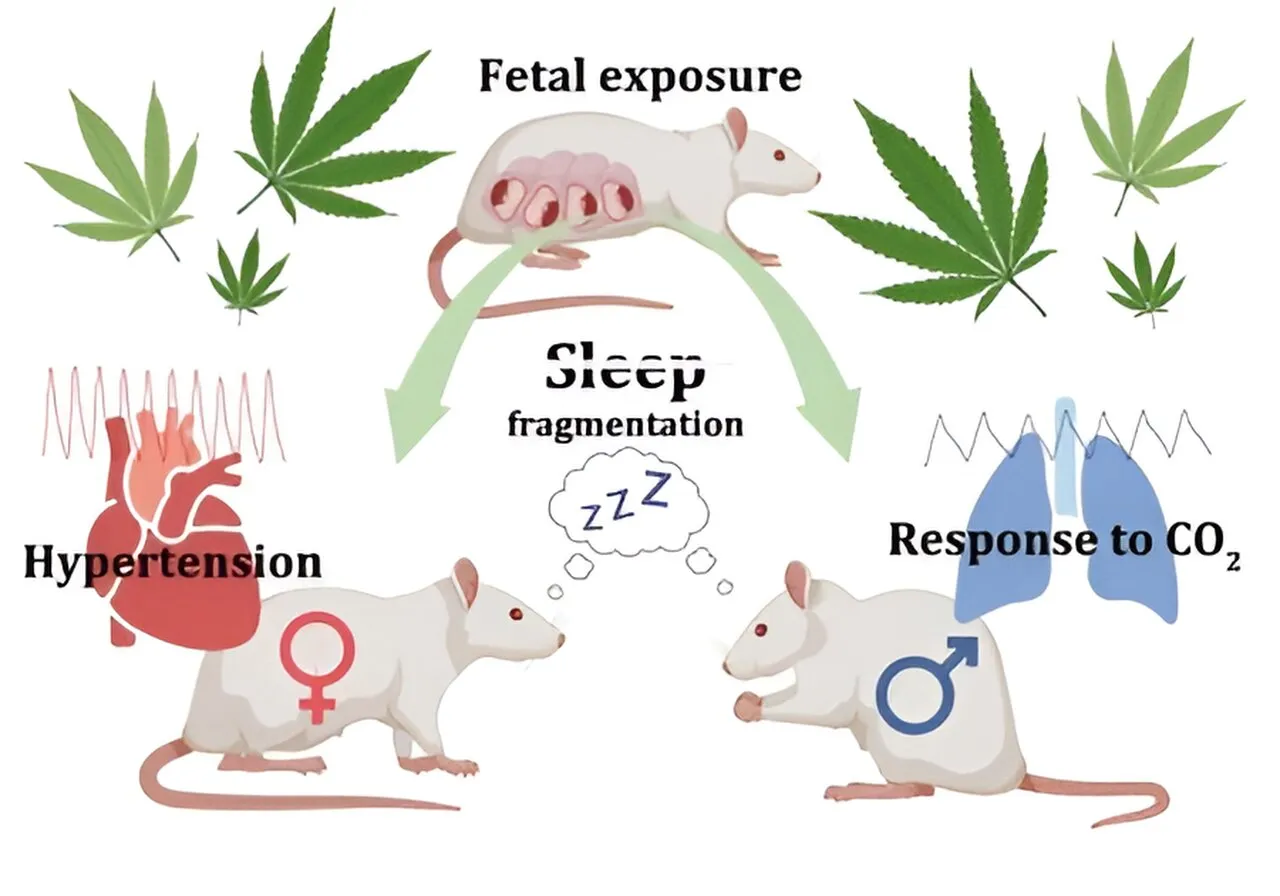Medicine Research: Intrauterine Cannabinoid Exposure Affects Cardiorespiratory Function

Cannabinoid Exposure During Pregnancy
Recent findings in medicine research indicate that exposure to synthetic cannabinoids during pregnancy affects the health and development of offspring. Researchers conducted experiments on pregnant rats, revealing that their offspring experienced alterations in cardiorespiratory function and sleep patterns.
Effects on Cardiovascular Health
According to the study, cardiovascular changes were notable in adult rats exposed to cannabinoids in utero. This emphasizes the need for further investigation into how health research can inform medical practices.
Impact on Sleep Quality
Additionally, the study highlights a reduction in sleep quality among these animals, suggesting that cannabinoids could adversely affect health in later life. These outcomes urge us to reflect on the implications for human health as well.
This article was prepared using information from open sources in accordance with the principles of Ethical Policy. The editorial team is not responsible for absolute accuracy, as it relies on data from the sources referenced.